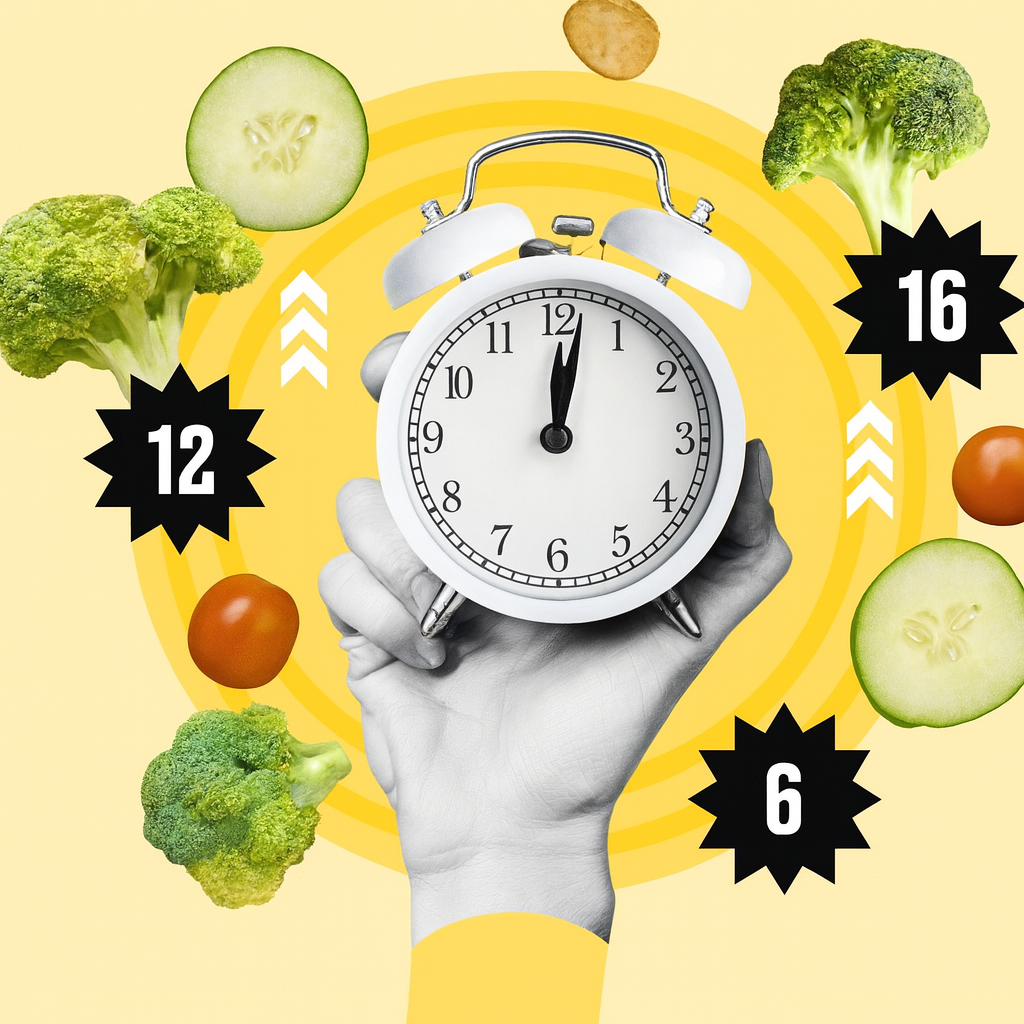Intermittent fasting is not just a diet trend but a lifestyle that people worldwide follow. Fitness lovers from Los Angeles to monks in India are all campaigning the benefits of eating less as the key to feeling better, living longer, and being healthier.
But what is intermittent fasting?
Timing is more important than starvation when it comes to intermittent fasting. It’s not what you eat but when you eat. You allow your body these breaks in digestion so it can heal, burn fat, and detoxify.
Here are the most common types of fasting:
- Eat for 8, fast for 16. Most people skip breakfast.
- 5:2 Diet: Eat normally for five days and limit calorie intake to 500–600 for two non-consecutive days.
- 24-Hour fast: Do not eat for 24 hours, or once a week.
The Underlying Science that makes intermittent fasting effective.
The reasoning behind the success of intermittent fasting is sound science. Your body begins to make cellular changes when you go without food for several hours.
This is what transpires within you:
- Insulin decreases, and this is the cause of your burning more fat in your body.
- Your cells start to heal, and you break down old dysfunctional cells through a process called autophagy. Growth hormone also rises. You stay lean and hold onto muscle.
- Your brain gets sharper – because the amount of a certain protein called BDNF (which keeps the brain active and helps memory) increases.
The Intermittent Fasting Diet: Worldwide?
It has been done for thousands of years before it became a fashion on social media.
- Fasting in Ramadan is a religious practice in the Middle East. This creates a purifying effect on the body as well.
- Fasting in India is a practice followed by Hindus for centuries, said to clean the body and soul.
- The Zen philosophy of mindful eating and fasting is promoted in Japan as a means of inner peace.
- Tech entrepreneurs and health scholars in Western countries have switched to fasting as a productivity and concentration tool.
Whatever happens, fasting unites body, mind, and spirit. It is one of those practices that do not prefer either culture or religion.
The Actual Health Benefits of Intermittent Fasting.
Being honest with each other, more of us engage in fasting to shed some pounds. However, when they do not give up, they see a lot more than a thinner waist.
This is how intermittent fasting affects your body.
- Weight loss: You end up eating less simply because you have to eat within a limited time frame, but you’re not starving.
- You increase your Metabolism: Your body’s metabolism works more effectively to burn fat and blood sugar.
- Reduce Blood Sugar.
- Attend to health: Health is balanced.
- Decline Fasting Trick: blood sugar, Tighten enhanced blood pressure. Results in concentration, a more stable mood, and energy all day. May prolong the life cycle. Animal studies have shown that fasting slows aging and increases lifespan.
Some of the Myths and pitfalls that accompany fasting.
Now, it’s time to get the air out of the bag; it is not always that informal, and it is not charmed either. Your body takes time to adapt to new things. In the initial few days, you may be hungry, exhausted, or even grumpy. That’s normal!
Here are some myths to be busted:
Myth 1:Your metabolism goes into starvation mode when you fast.
In fact, recent studies have found that short-term fasting can increase metabolism, at least in part by increasing the secretion of the fat-burning hormone norepinephrine.
Myth 2: You’ll lose muscle.
Nope! Your body will hold on to muscle and burn fat as long as you’re getting enough protein in your diet throughout the fast.
Myth 3: Fasting is bad for you.
On the contrary, just like ischemic heart disease, type 2 diabetes, and possibly the brain.
The right way to start intermittent fasting.
Ready to give fasting a shot?
The key is to start simple. Start with short fasting, then you will be on the wrong end. Try the 16:8 method first. It is not intricate, open, and suits the majority of lifestyles.
Here’s how to make it work:
- Choose your time window to eat. Most people eat between 12 pm and 8 pm.
- Eat real food. Look at the whole foods that are lean protein, good fat, fruits, and vegetables.
- Don’t eat much. Don’t overeat when your time window starts. Don’t binge, eat clean, and eat till you can’t eat more.
Don’t expect too much too soon. The first week is the hardest. Just hold on, and your body will take it pretty well.
Conclusion
It explains handling your busy life schedule, a lot of eating with eyes, and a globe that is always eating in a dizzying nap.
Fasting allows your body to regenerate and rejuvenate, whether you are fasting for spiritual reasons, improved health, or increased vitality. And remember, you don’t have to be perfect—just better.
Begin on a small scale, hold a rhythm, and observe the effect on your body and your mind.
FAQs
1. Can I drink coffee during fasting?
Yes! Black coffee, tea, and water — hold the sugar and the cream.
2. What is the best slow-fast for beginners?
The 16:8 method is the best. It’s easy, realistic, and you can stick to it in the long run.
3. Should I work out while fasting?
Absolutely, yes! Walking, yoga, or light strength training — these are great when you’re fasting. Listen to your body.



